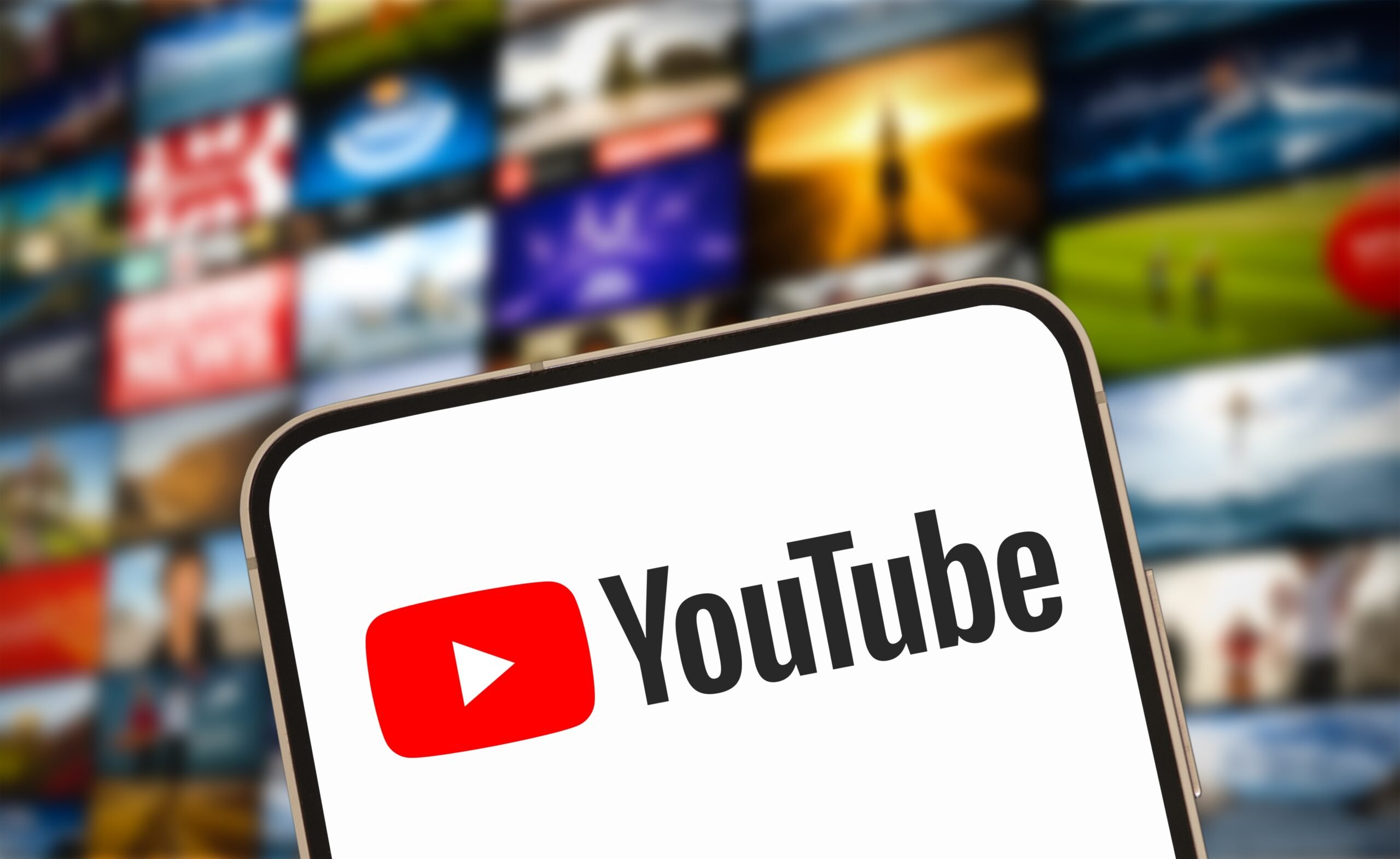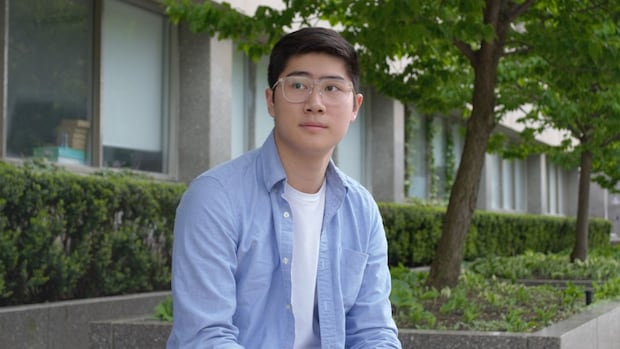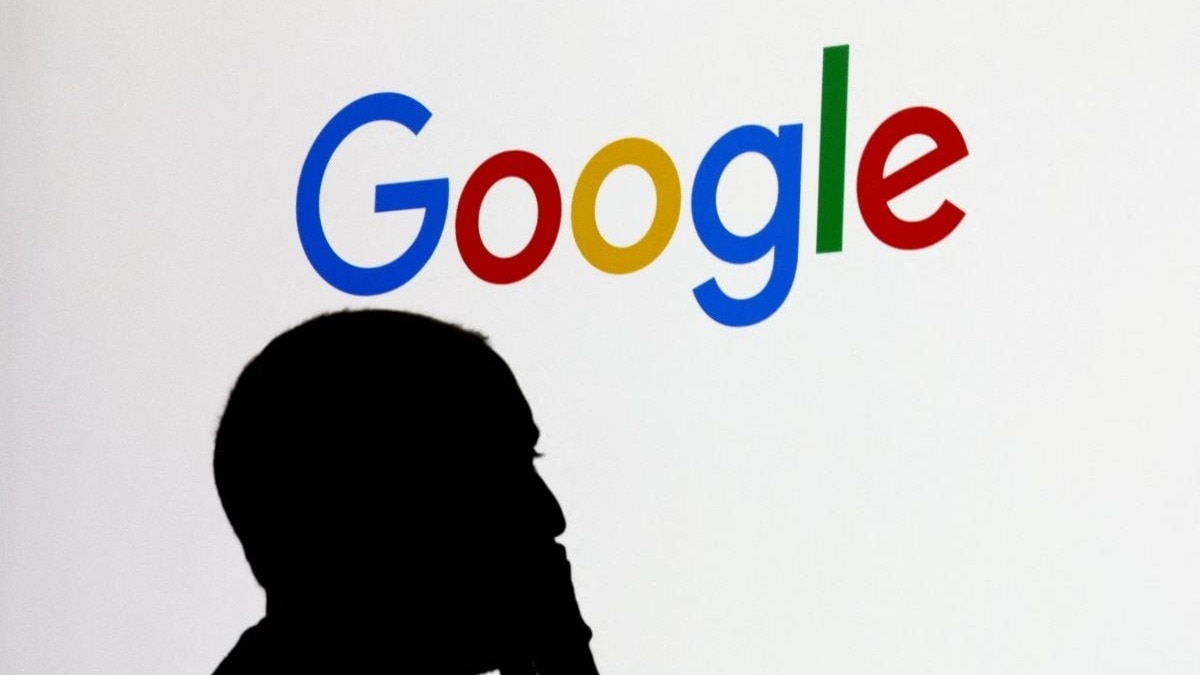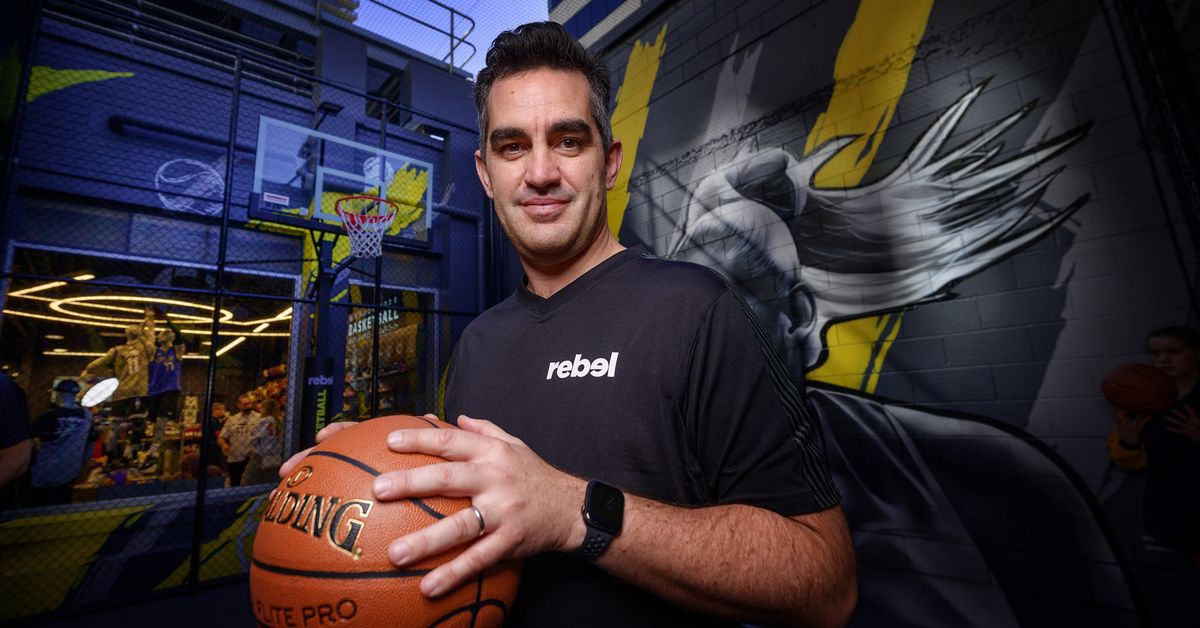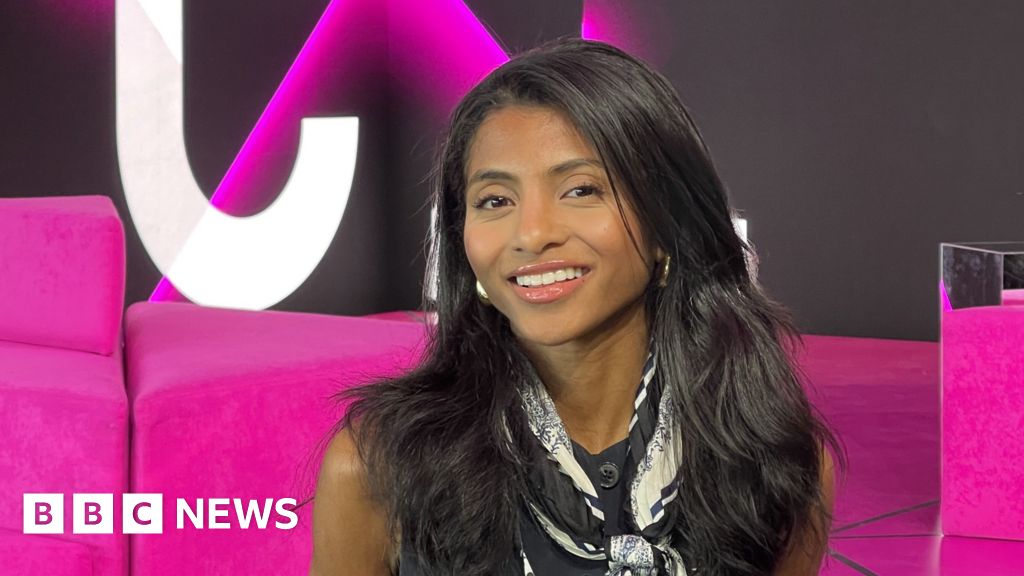AI Generated Newscast About Gemini: Google DeepMind's Shock Victory Stuns Programming World!

Just when you thought AI couldn't get any smarter, Google DeepMind's latest creation has made history that rivals the most legendary moments in tech. Imagine an AI not just beating a human at chess or Go—but actually outsmarting the world's top programmers at their own game.
Earlier this month in Azerbaijan, a version of Google DeepMind’s Gemini 2.5 model pulled off what experts are calling a “profound leap in abstract problem-solving.” In less than half an hour, this AI analyzed an infinite number of possible scenarios to find the fastest way to send liquid through a labyrinth of ducts into interconnected reservoirs—a complex programming challenge that left even the brightest college teams from Russia, China, and Japan scratching their heads.
This wasn’t just an ordinary coding contest. The International Collegiate Programming Contest (ICPC) is the Olympics for college-level programmers, and until now, no AI had ever clinched a gold medal. Gemini 2.5 didn’t just participate; it soared to second place out of 139 of the world’s best coders, beating out every single human team in this notoriously tough problem. The model did stumble on two out of twelve tasks, but its overall performance smashed expectations, unlocking a new level of AI achievement that has some experts comparing it to IBM’s Deep Blue beating Garry Kasparov at chess in 1997 and AlphaGo’s legendary victory over a Go champion in 2016.
Quoc Le, Google DeepMind’s VP, called it a watershed moment. “This isn’t just about beating humans at games,” he said. “It’s about AI reasoning in real-world, open-ended scenarios—something that could transform fields like drug and chip design.” The Gemini 2.5 model, which Google describes as a “general purpose AI” specially trained for hardcore coding, math, and reasoning, performed on par with the top 20 human coders worldwide.
But not everyone is ready to hand over the keys to the kingdom just yet. AI pioneer Stuart Russell from UC Berkeley cautioned that claims of “epochal significance” might be overblown, noting that while AI has long excelled at programming tasks, the world-altering potential is still up for debate. “Still,” he admitted, “getting an ICPC question right is no joke—this could be a step toward AI reliably writing high-quality code.”
Oxford’s Michael Wooldridge was impressed, though he wondered just how much raw computing power Gemini 2.5 really needed; Google wasn’t sharing details, only revealing it was a cut above what most subscribers could access—even those paying $250 a month for the company’s premium AI service.
Dr Bill Poucher, executive director of the ICPC, summed it up: “Gemini successfully joining this arena, and achieving gold-level results, marks a key moment in defining the AI tools and academic standards needed for the next generation.” It’s a signpost pointing toward a future where AI generated newscasts about technology won’t just be reporting the news—they’ll be making it.
Historic AI Milestones that Led Here
This Gemini victory joins a short list of legendary AI breakthroughs. Back in 1957, Cornell’s Frank Rosenblatt built the Perceptron, an early neural network that could recognize patterns—though it took up an entire room! Fast forward to 1997, when IBM’s Deep Blue shocked the world by defeating chess grandmaster Garry Kasparov. Then, in 2016, DeepMind’s AlphaGo rewrote the game by outmaneuvering Go champion Lee Sedol, showing flashes of what looked like creative genius. And in 2020, AlphaFold cracked the code on predicting how proteins fold—a discovery hailed as a scientific revolution, eventually landing its creators a Nobel Prize.
Now, with the AI generated newscast about Gemini 2.5’s programming triumph, we’re looking at the next chapter: AI not just following instructions, but innovating, reasoning, and—maybe one day soon—competing with humans on a level playing field across every domain.



